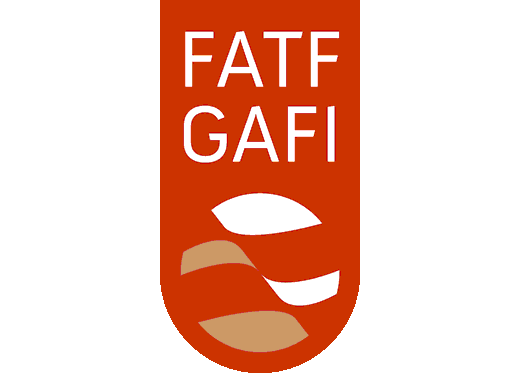-

22 April, 2016
FATF Private Sector Consultative Forum, Vienna, 19-20 April 2016 Chairman’s Summary Vienna, 20 April 2016 – The Financial Action Task Force (FATF) held its annual Private Sector Consultative Forum on 19-20 April 2016 in Vienna, Austria, hosted by the United Nations Office on Drugs and Crime (UNODC). The private sector plays a crucial role in preventing the abuse of the financial system for money laundering or terrorist financing purposes. The private sector is the first line of defence in detecting and helping to prevent such activity, particularly through their implementation of customer due diligence and record keeping measures, and suspicious transaction reporting.
The private sector plays a crucial role in preventing the abuse of the financial system for money laundering or terrorist financing purposes. The private sector is the first line of defence in detecting and helping to prevent such activity, particularly through their implementation of customer due diligence and record keeping measures, and suspicious transaction reporting.
The FATF values the opportunity to engage directly with the private sector on anti-money laundering and counter terrorist financing (AML/CFT) issues that have an impact on their daily business. Through this dialogue, the FATF learns more about the private sector perspective of certain AML/CFT requirements, while the private sector can use this forum to raise issues with the FATF. The main objective of this meeting was to have an open dialogue with representatives from a variety of private sector bodies on barriers to information sharing (including data protection and privacy issues) and correspondent banking.
The meeting was chaired by the President of the FATF, Mr. Je-Yoon Shin (Korea). In total, 107 representatives of 24 FATF member, associate member and observer delegations, and 51 private sector representatives attended the meeting. This included representatives of banks, money remitters, credit unions, e-money providers, accountants, lawyers, trust practitioners and the real estate sector. Participants had an in-depth exchange of views on the following important issues.
Information sharing
Effective information sharing is an important aspect of a well-functioning AML/CFT framework which facilitates the detection and prevention of terrorist financing and money laundering.
The discussions focused on the practical experience of participants implementing the FATF requirements to share AML/CFT information in the enterprise-wide context, among financial institutions not part of the same financial group, and between governments and the private sector. A number of challenges to effective sharing of AML/CFT information exist, including inconsistent legal frameworks for data protection and privacy across different jurisdictions.
The participants discussed possible practical and policy solutions to overcoming barriers to effective sharing of AML/CFT information, and heard some success stories in this area. Building on these insights, the FATF will continue to explore ways to tackle barriers to information sharing and facilitate better implementation of the requirements in this area, with the aim of identifying best practice.
Correspondent Banking
De-risking remains an issue of concern to the FATF, and the FATF is in the process of developing guidance to clarify how to properly identify and manage risk in the context of correspondent banking and remittances.
The participants shared their experiences, including the challenges faced by financial institutions entering into and managing correspondent banking relationships. The discussions focused on the money laundering and terrorist financing risks associated with correspondent banking relationships, and industry practices for mitigating them. The participants acknowledged the need for more clarity on how to properly apply the risk-based approach when entering into correspondent banking relationships, and managing such relationships on an ongoing basis.
The input received during these discussions will contribute to the FATF’s ongoing work to develop guidance on correspondent banking and remittances. The FATF is undertaking this work in close coordination with other relevant bodies and international standard setters, which also participated in this meeting, including the Financial Stability Board (FSB), and the Committee on Payments and Market Infrastructures (CPMI).
Terrorist financing
The FATF updated the participants on its ongoing work to develop terrorist financing indicators, in consultation with the private sector. When completed, these indicators will facilitate the ability of financial institutions and governments to identify and mitigate terrorist financing risks. This information will be shared by FATF member countries directly with their financial institutions and will not be published by FATF.
The FATF reiterates its commitment to continuing engagement with the private sector on these issues, and recognises the value that such interactive dialogue brings to the work of the FATF.

 Login to your account
Login to your account Eng
Eng Рус
Рус